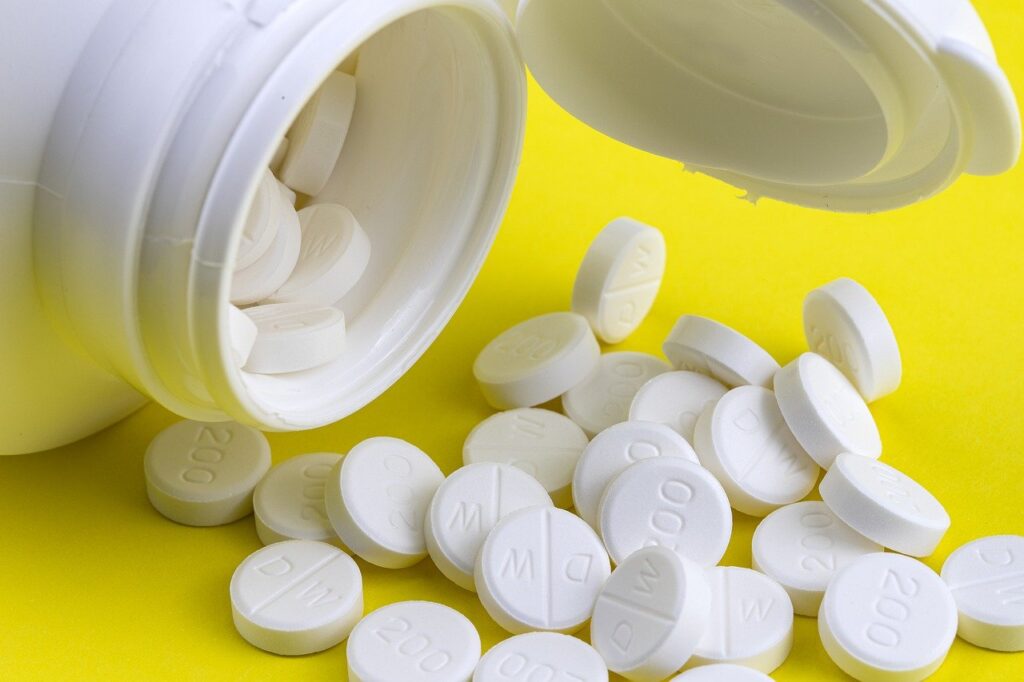
Medication is known to help ADHD symptoms in adults
The worldwide prevalence of adult ADHD is currently estimated to be 2.8 percent. Estimates vary widely for the U.S. One study, completed in 2019, estimated an adult ADHD prevalence rate of 0.96 percent. Earlier studies have placed U.S.adult ADHD prevalence rates in the U.S. between 2.5 percent and 4.4 percent.
Although stimulants have been shown to offer benefits for adults with ADHD, it is estimated that up to 87% of these patients fail to adhere to stimulant treatment. A large proportion of patients stop taking their medication regularly, or at all, after 12 months. Many will only take their medication 3 out of 5 days. This can lead to a worsening of symptoms.
Why Patients Don’t Follow a Medication Treatment Plans
There are a number of reasons why adults with ADHD may not adhere to their medication treatment plan:
The principle reasons why patients don’t follow their medication regimens are as follows:
- Adverse side effects
- Ineffective symptom control
- Dosing inconvenience or ineffectiveness
- Medication stigma
- Executive function deficits
The situation can be complicated on the clinical side. As opposed to pediatricians, primary care providers may be less familiar with the diagnosis and therapeutic strategies of ADHD.
Mobile Messaging to the Rescue?
Recently, researchers have been exploring the use of technology to improve adherence to stimulant medication plans. Two different studies examined the effects of using mobile messaging for:
- Monitoring patient symptoms
- Reminding patients about taking their medication
Mobile Monitoring – In a study headed up by Dr. Craig Surman at the Massachusetts General Hospital, patients on stimulant medication therapy were surveyed regularly via mobile messaging about their symptoms and their medication patterns. The patient responses were evaluated using clinical ADHD impairment scales. The study indicated that mobile monitoring in this way was sensitive to the degree of a patient’s symptoms and their response to medication therapy.
Mobile Medication Reminders – In another study, also conducted at the Massachusetts General Hospital, participants received a customized ADHD-centric text message app that included reminders to adhere to their individualized medication regimen and to contact their clinician for a prescription refill. These were followed by reminders to pick up medication from the pharmacy.
Together, they indicate that mobile messaging can be an effective way to monitor adult ADHD patients in a COVID constrained environment, make them more aware of how medications mitigate their symptoms, and help them stay on their medication plan.
References
- https://www.hcplive.com/view/adhd-treatment-remote-patient-monitoring
- https://www.hcplive.com/view/novel-sms-strategy-stimulant-adherence-adults-adhd
- https://www.additudemag.com/statistics-of-adhd/
- https://www.additudemag.com/add-medication-adherence/


